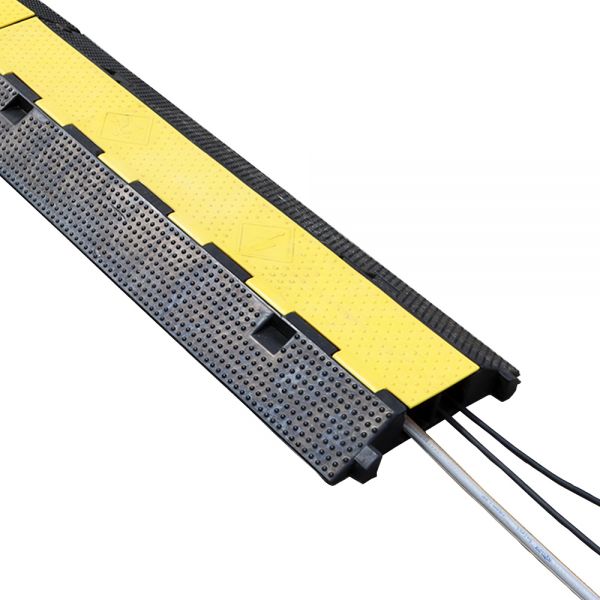Hi guys, noob here. However I have read the cliff notes and a few other threads.
I want to film animals outside my house. So about 50m to 100m from my router extender, in a wooded area.
Background: I'm in New Zealand. We have no native animals. But we have rats, mice, possums, mustelids and many other introduced animal pests which we are getting rid of. That's right, remove every last one from our country. As part of this, I am investigating various pest animal removal technologies around my house, which is in a wooded area. We call it 'bush' .
.
I have used trail cameras extensively, but they have some limitations: Have to go into the bush and retrieve SD cards; Batteries always running out; They only last 2-3 years and then die. So, I thought my own dedicated system might be better.
This is what I need:
1) Waterproof wireless cams.
2) Almost all filming will be done at night (this is when things like rats come out). So I need good low light (basically zero light) cameras that can record quite small animals moving about.
3) Short focal length? Often I want to be able to point a camera at something about 2m to 3m away. But I also want to see stuff further away if possible.
4) Long battery life.
I'm happy to spend a bit to get a really good quality system. It seems like I'll need a separate PC, BI software etc. This is fine.
Any advice on which cameras would be best, and other tips re the whole system would be much appreciated.
I want to film animals outside my house. So about 50m to 100m from my router extender, in a wooded area.
Background: I'm in New Zealand. We have no native animals. But we have rats, mice, possums, mustelids and many other introduced animal pests which we are getting rid of. That's right, remove every last one from our country. As part of this, I am investigating various pest animal removal technologies around my house, which is in a wooded area. We call it 'bush'
I have used trail cameras extensively, but they have some limitations: Have to go into the bush and retrieve SD cards; Batteries always running out; They only last 2-3 years and then die. So, I thought my own dedicated system might be better.
This is what I need:
1) Waterproof wireless cams.
2) Almost all filming will be done at night (this is when things like rats come out). So I need good low light (basically zero light) cameras that can record quite small animals moving about.
3) Short focal length? Often I want to be able to point a camera at something about 2m to 3m away. But I also want to see stuff further away if possible.
4) Long battery life.
I'm happy to spend a bit to get a really good quality system. It seems like I'll need a separate PC, BI software etc. This is fine.
Any advice on which cameras would be best, and other tips re the whole system would be much appreciated.

